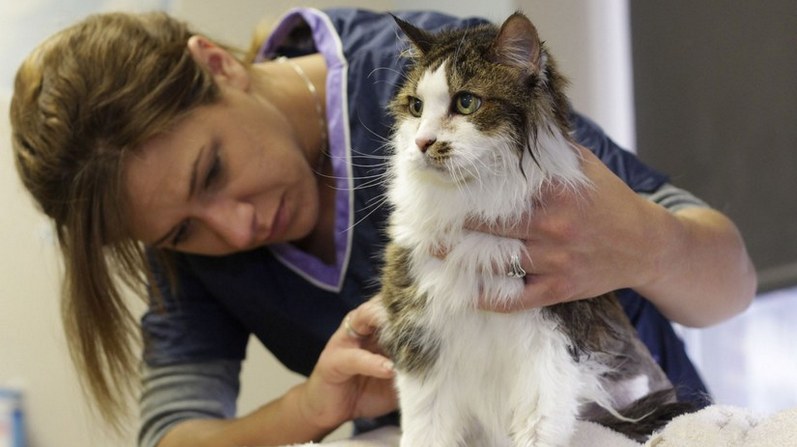Hairballs are the basis of many jokes about cats. Having this problem does not mean that it is a danger to the cat, but in some cases, the hair follicles become so large that they cause problems for the cat’s digestive system and cause obstruction, which poses a serious threat to the animal. Those who take care of this lovely creature should know why bullets are formed. Why is this problem so common? And why can bullets be dangerous?
Cats often pick up or eat the hair they have eaten, or excrete it with their feces. In general, the digestive system of cats has evolved and is designed to cope with bullets. Of course, if the hair follicle becomes larger than a certain size, the cats’ digestive system is no longer responsive. And to fix it, you should look for cat hairball remedy. All cats get hair loss, but this problem is more common among breeds with long hair, such as Persian, Himalayan, and Min Kun. However, hair follicles have also been seen between short breeds. Hair follicles are usually seen in two ways:
1. The Cat Eats Too Much of Its Hair:
- Itching and irritation due to skin problems such as sores, external parasites (lice, ticks and fleas).
- Excessive grooming Due to a behavioral problem such as anxiety and stress, ester causes cat diarrhea.
- Excessive hair loss Due to seasonal allergies, hair loss season in cats is usually spring.
- Diseases that affect the hair and cause hair growth.
- Food allergies and intolerances.
- Pain, especially abdominal pain and urinary tract problems.
- Cat gastrointestinal problems:
- Motor disorders.
- Inflammatory bowel disease.
- Cancers such as lymphoma.
- Clinical signs of cat hair ball problem.
- Nausea and vomiting.
- Decreased appetite.
2. Diarrhea
- Rapid flow of food and lack of hair passing through the intestines and stomach.
- If a hair ball blocks the intestines and stomach:
- Abdominal pain and restlessness.
- Squat.
- Frequent vomiting and nausea.
- Swallowing air or breathing with mouth open.
- He coughs for a few hours but does not raise anything.
- Sudden and persistent sneezing.
- Nasal discharge.
- Swelling anywhere on the body, especially in the abdomen.
If you see any of the symptoms, you should take your cat to the doctor immediately because intestinal and stomach obstruction is very serious and can cause the cat to die. Be sure to www.eurovetsworld.com.


